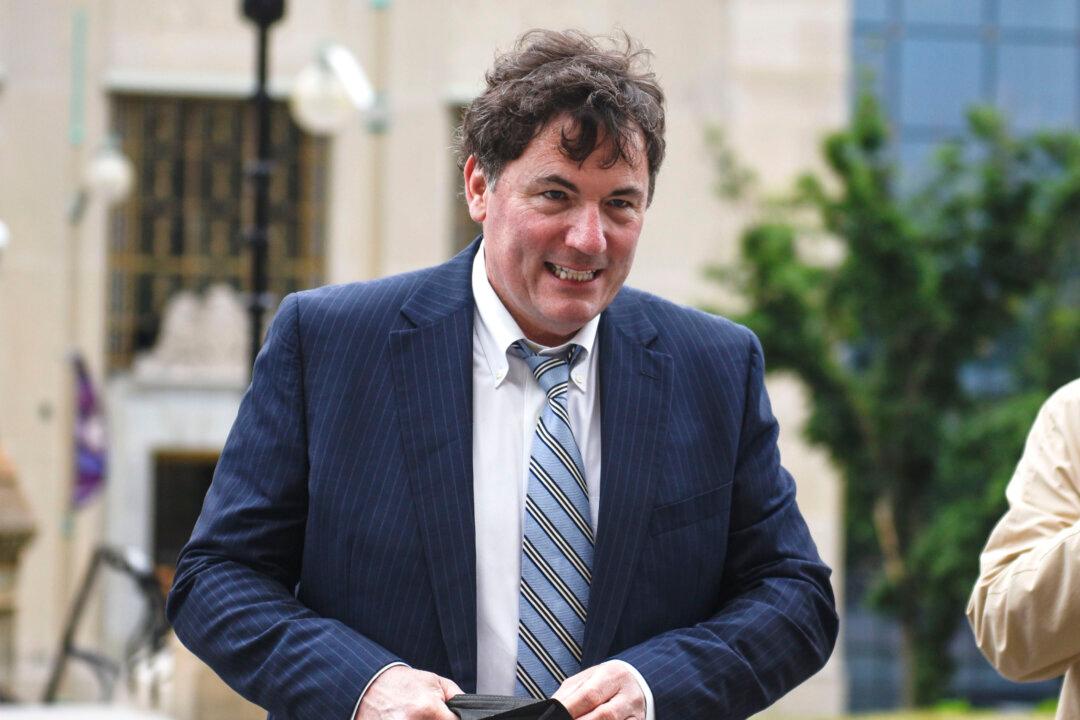The issue of foreign interference in elections was examined in a Commons committee on Dec. 13, with Minister of Intergovernmental Affairs Dominic Leblanc addressing China’s role in Canadian society at large.
“The Chinese government regularly attempts to interfere in various aspects of Canadian society, elections would not be excluded from some of their efforts to interfere,” Leblanc told the Standing Committee on Procedure and House Affairs.





